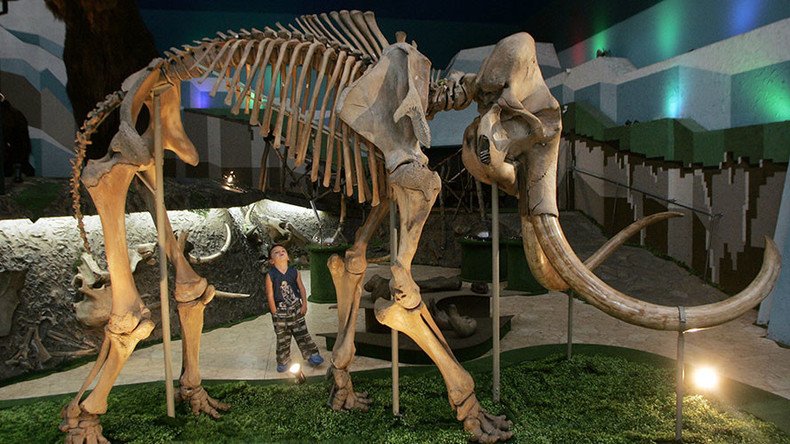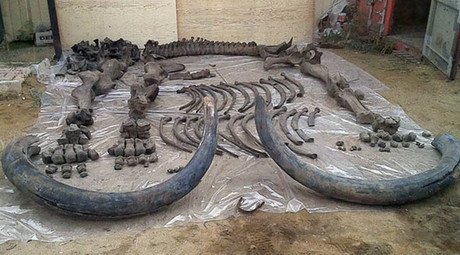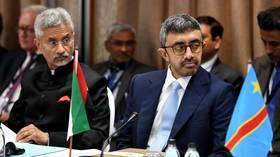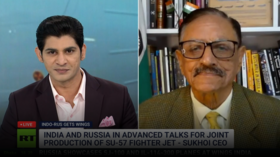Mammoth hunt shows humans active in Arctic 45,000yrs ago – Russian scientists

Scientists in the far north of Russia have found evidence that humans were active in the Arctic about 45,000 years ago. Marks on mammoth bones found in the region showed that hunters stabbed and butchered the animals.
The researchers, from the Russian Academy of Sciences, made the find in Siberia near the Kara Sea, which was the northern-most point of human activity in Eurasia 40,000 years ago. However, with the evidence they were able to uncover, it is now believed that human activity extends the record of human presence in the Arctic by another 5,000 years.
45,000-Year-Old Remains Of A Giant Mammoth Could Alter Known Human History
https://t.co/3yDpp3excO#mammoth#Siberiapic.twitter.com/5TqEDlt3OF
— HEXAPOLIS (@_Hexapolis) January 15, 2016The tip of a mammoth tusk was also damaged, which showed that humans in the area could have used them as ivory tools, the research team stated in a paper released in the journal Science.
Daniel Fisher, a mammoth expert at the University of Michigan, who did not take part in the Russian-led study, said that the evidence of the markings on the bones did provide strong indications that there was human activity in the area.
However, Robert Park, an archaeologist at the University of Waterloo in Canada, was skeptical of the find, saying that the evidence of human hunting was “pretty marginal.”
“The beast had been found with remains of its fat hump, while hunters would be expected to take the fat for food and fuel and the skeleton shows far less butchering than one would expect,” he said, as cited by AP.
Despite his doubts, the archeologist, who has studied the bones of hunted animals in the far north, says that there is a possibility that the mammoth could have been hunted.
“If people were living this far north that long ago, it implies they had not only the technical abilities to carry out mammoth hunts, but also a social organization complex enough to share the food from the relatively rare kills,” Park said.













